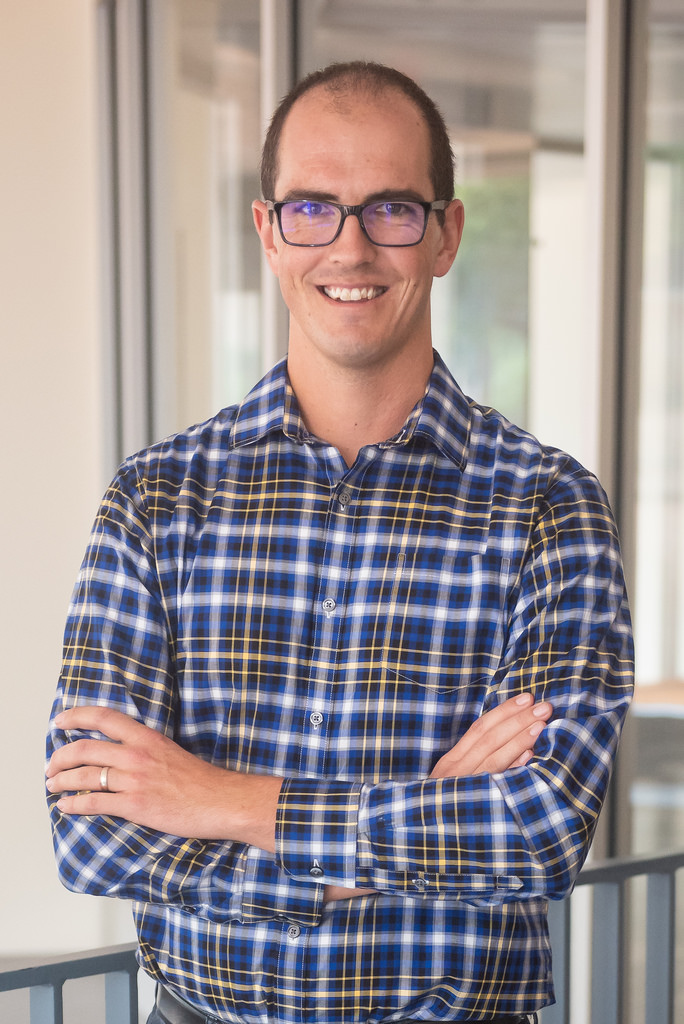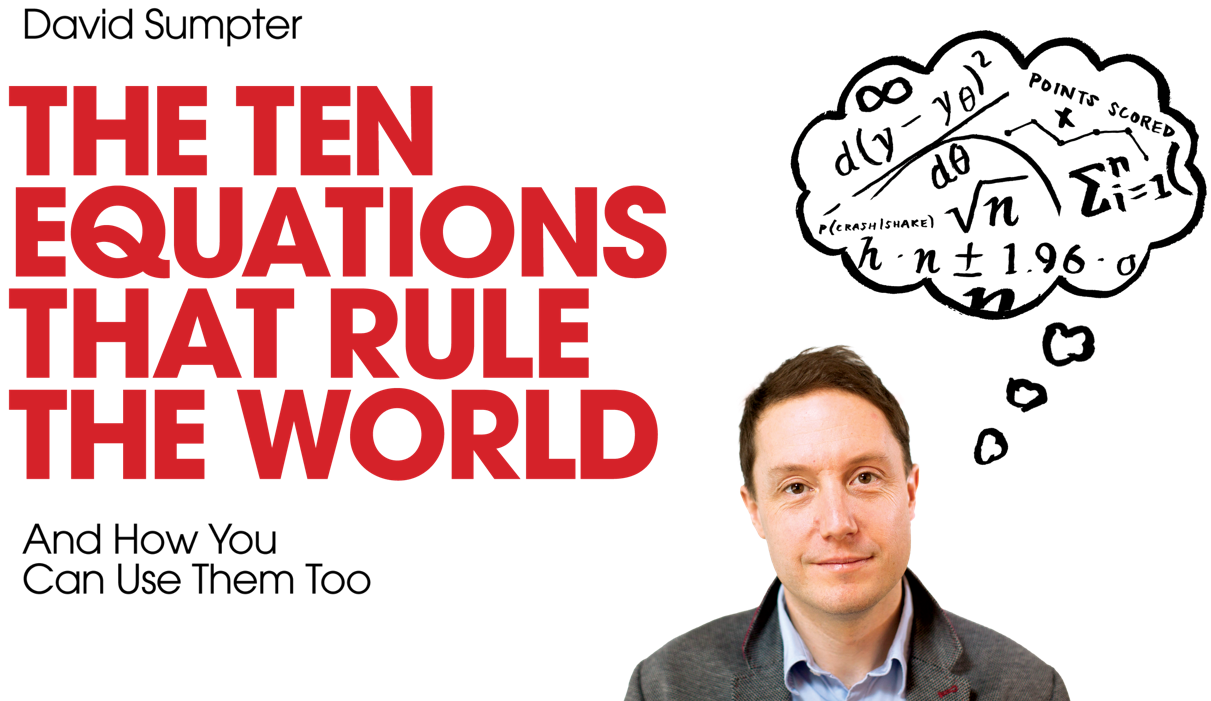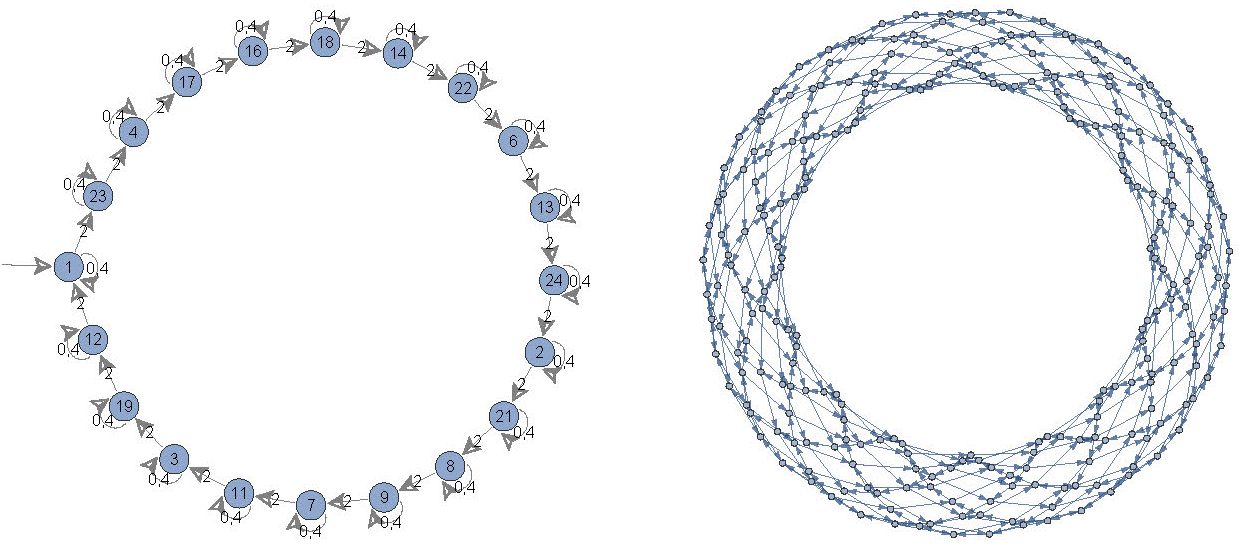Eric Hanson (LaCIM, Montreal)
Date
Monday October 25, 20214:30 pm - 5:30 pm
Location
Online via ZoomAlgebra & Geometry Seminar
Monday, October 25th, 2021
Time: 4:30 p.m. Place: Online via Zoom (contact Kaveh Mousavand for Zoom link)
Speaker: Eric Hanson (LaCIM, Montreal)
Title: tau-perpendicular wide subcategories.
Abstract: Let $\Lambda$ be a finite-dimensional algebra. Jasso's $\tau$-tilting reduction, later extended by Buan-Marsh, allows one to relate the $\tau$-tilting theory of mod-$\Lambda$ to that of a certain type of subcategory. In this talk, we classify these subcategories using the notions of functorial finiteness and Serre subcategories. As an application, we give a definition of the "$\tau$-cluster morphism category" of an arbitrary finite-dimensional algebra. This definition extends those of Igusa-Todorov (hereditary case) and Buan-Marsh ($\tau$-tilting finite case). This talk is based on joint work with Aslak Bakke Buan.
Website details here: https://mast.queensu.ca/~georep/




